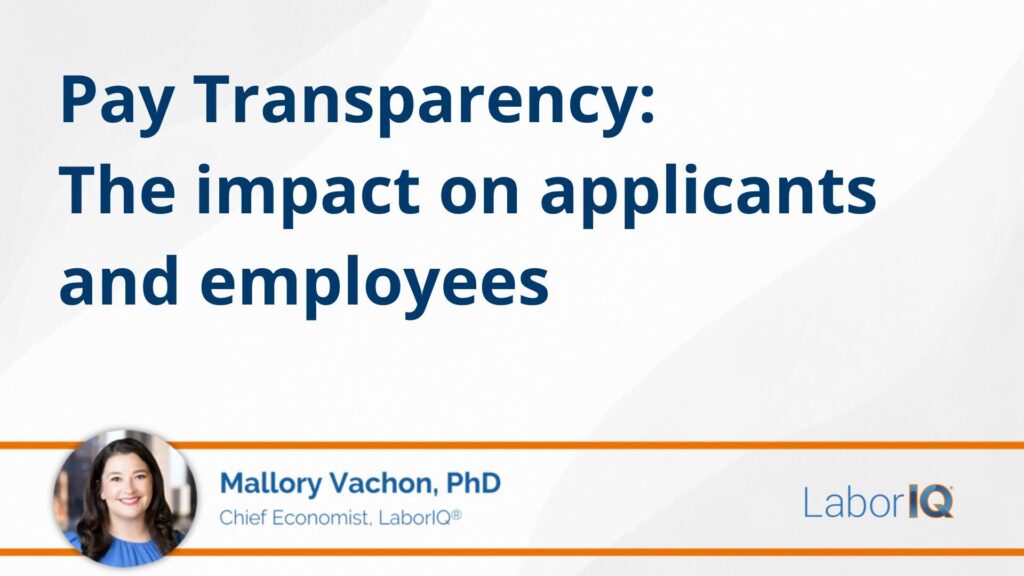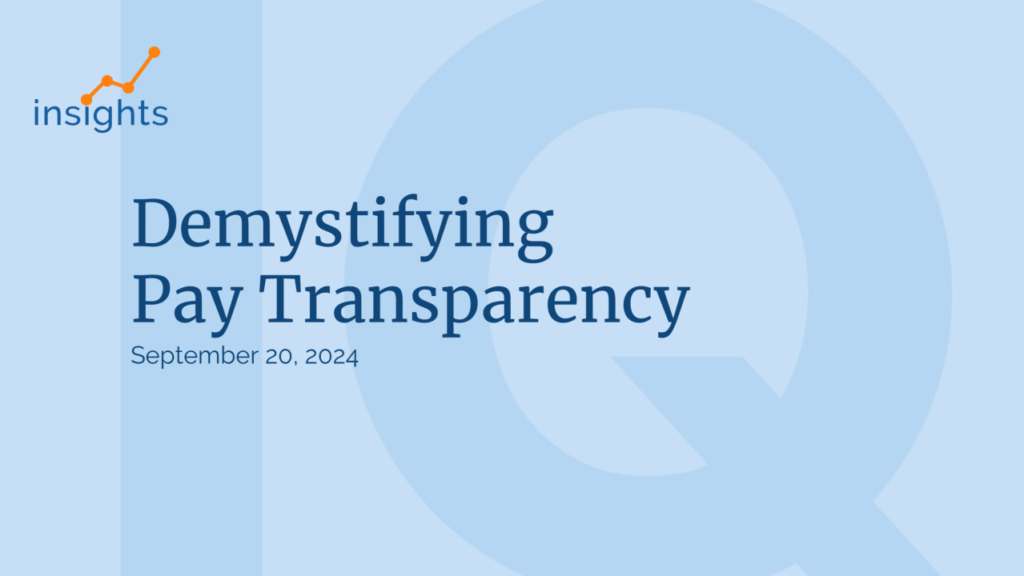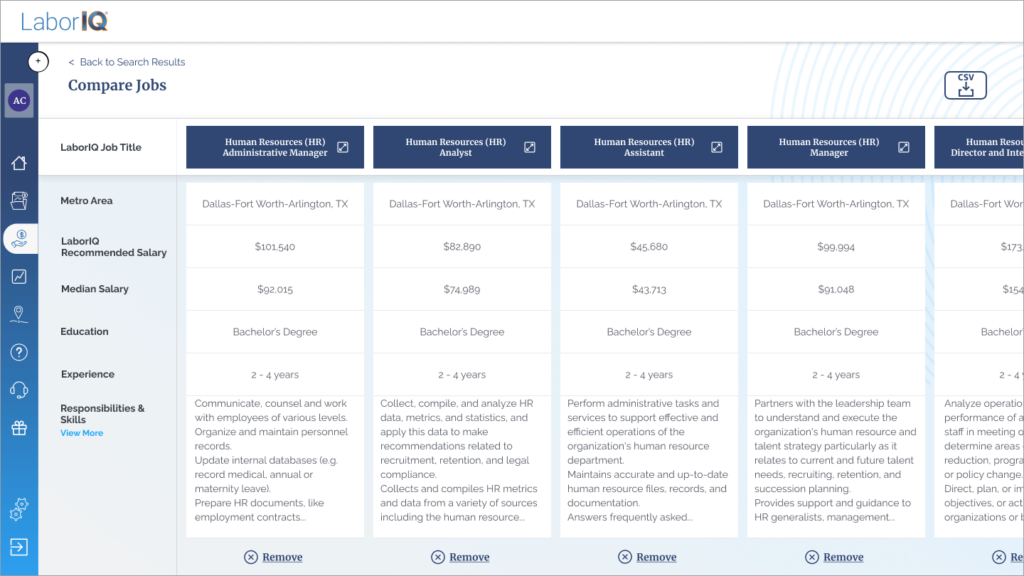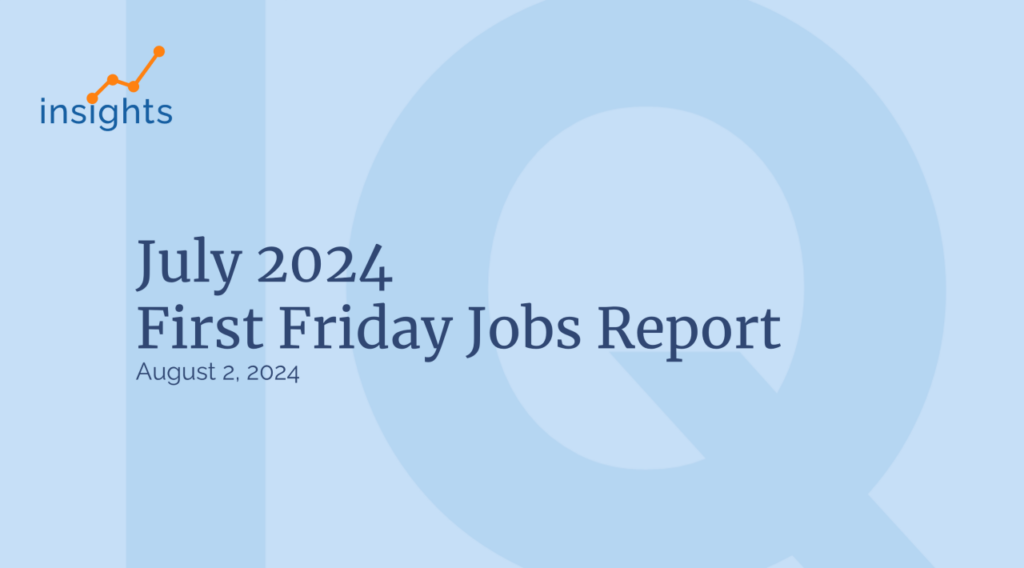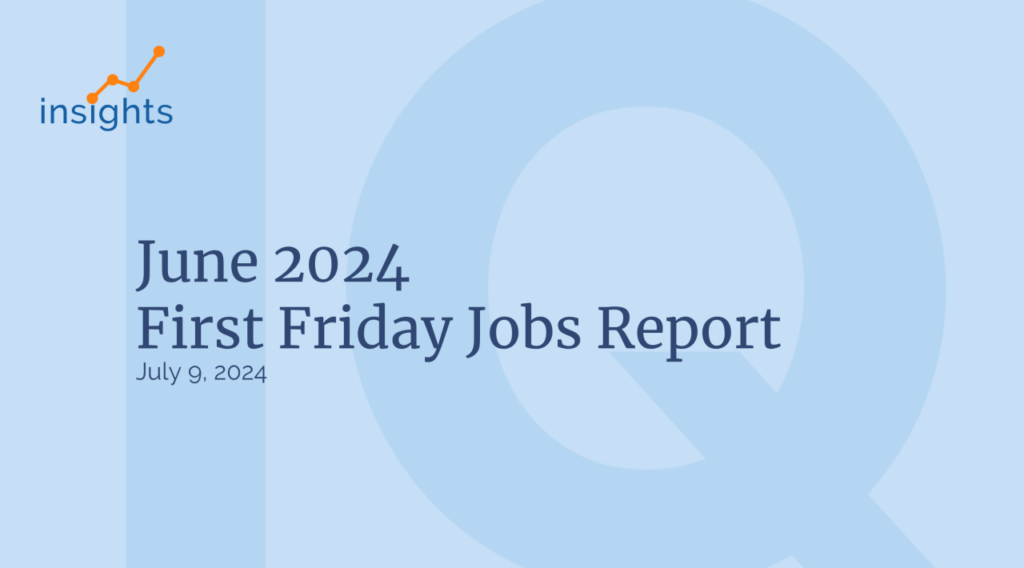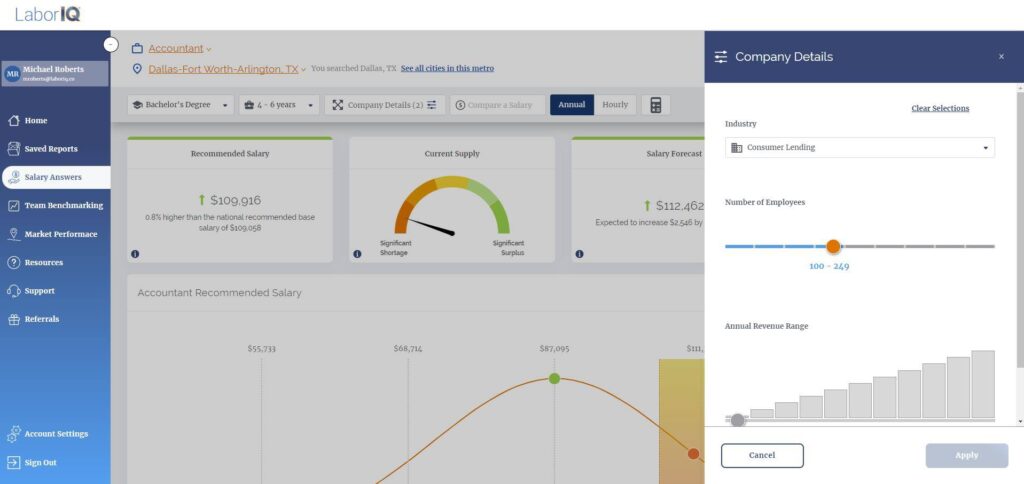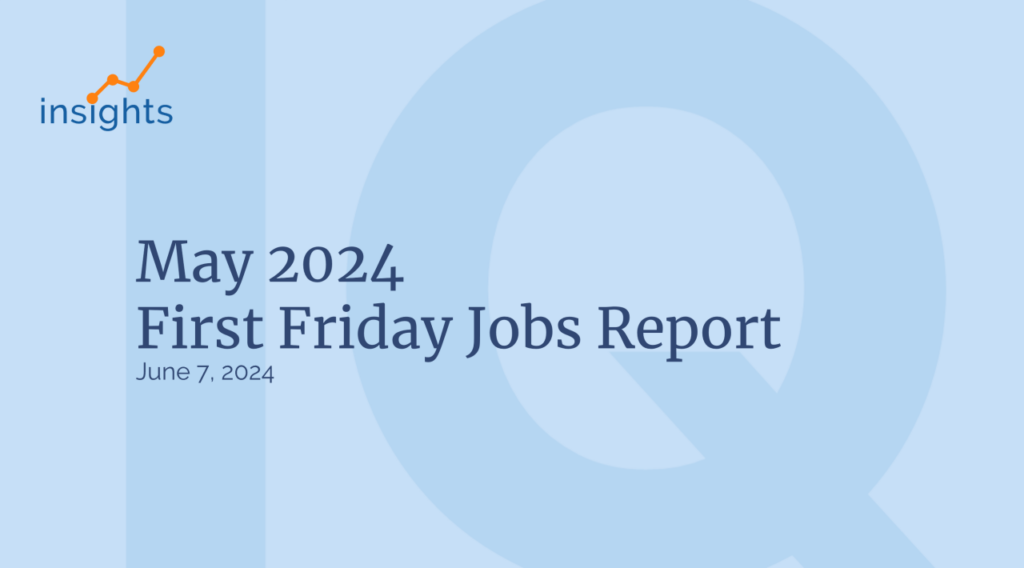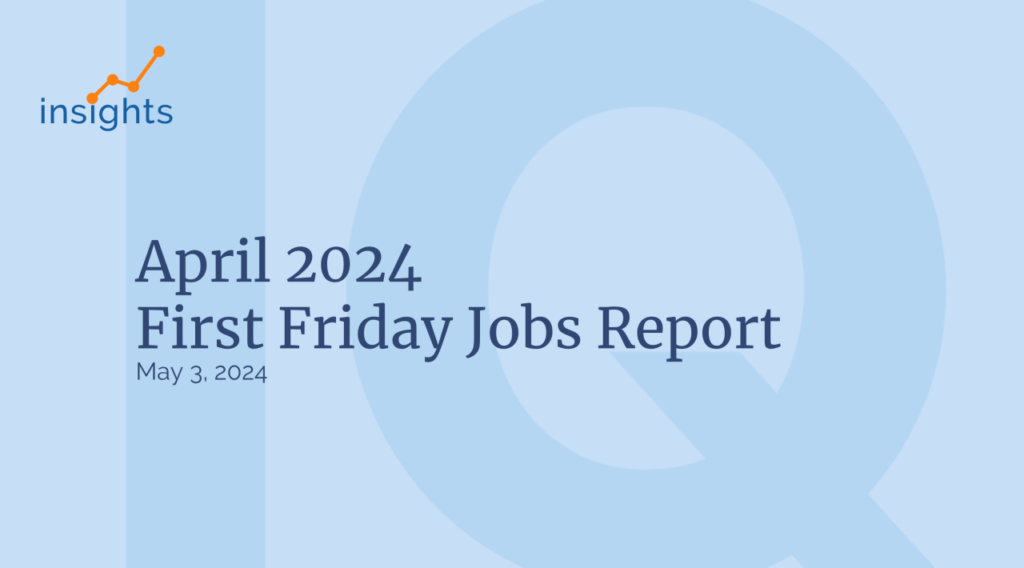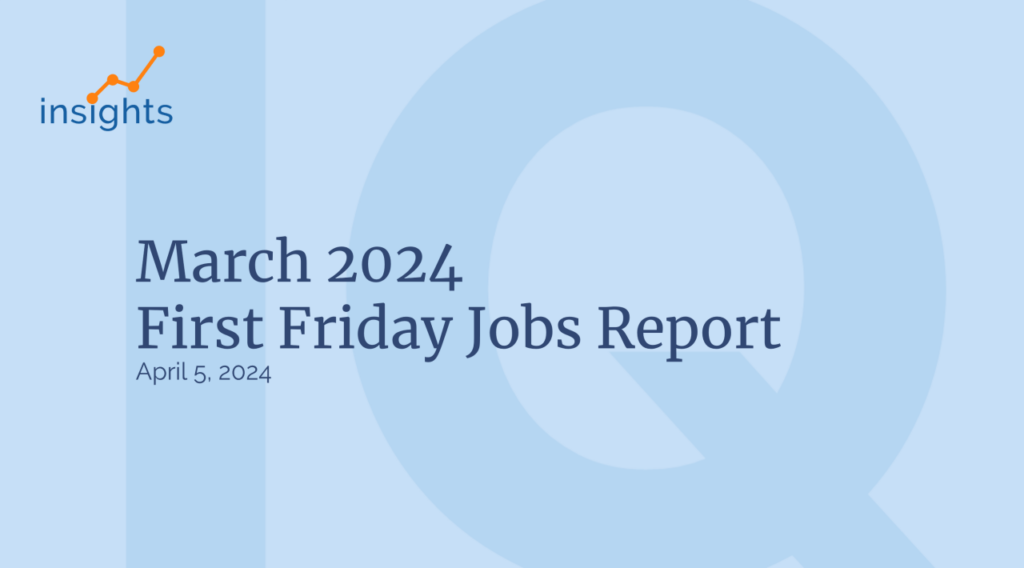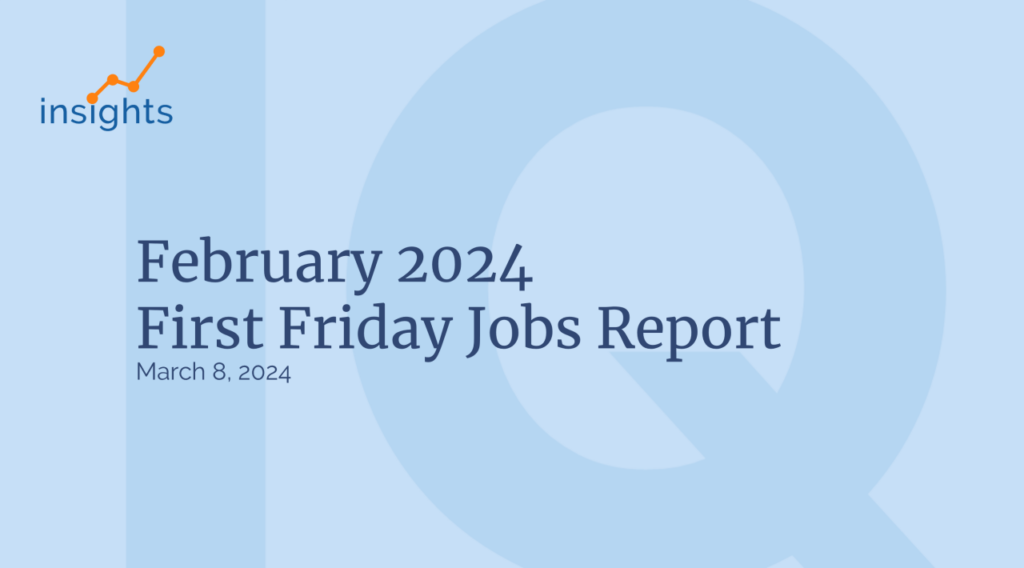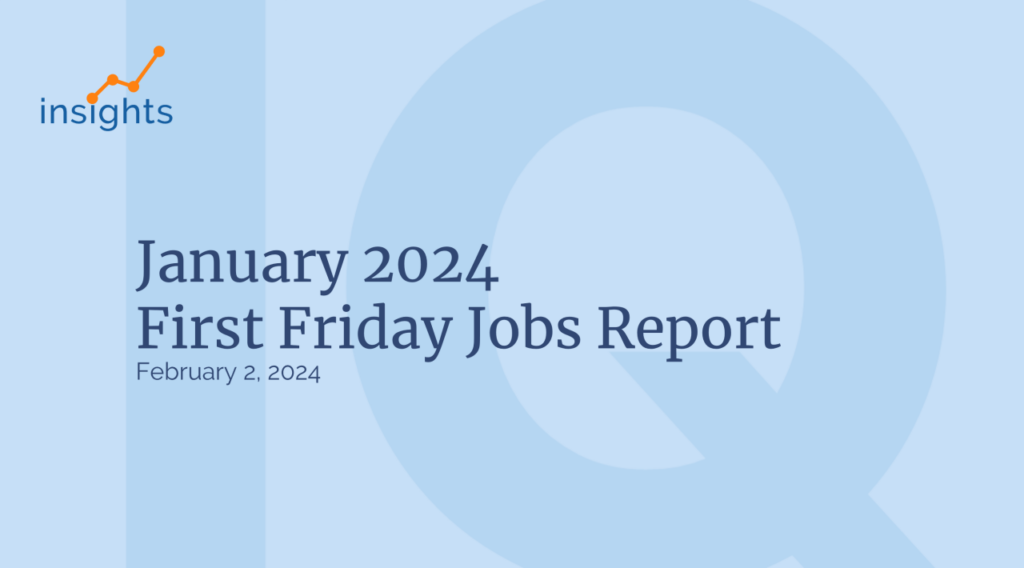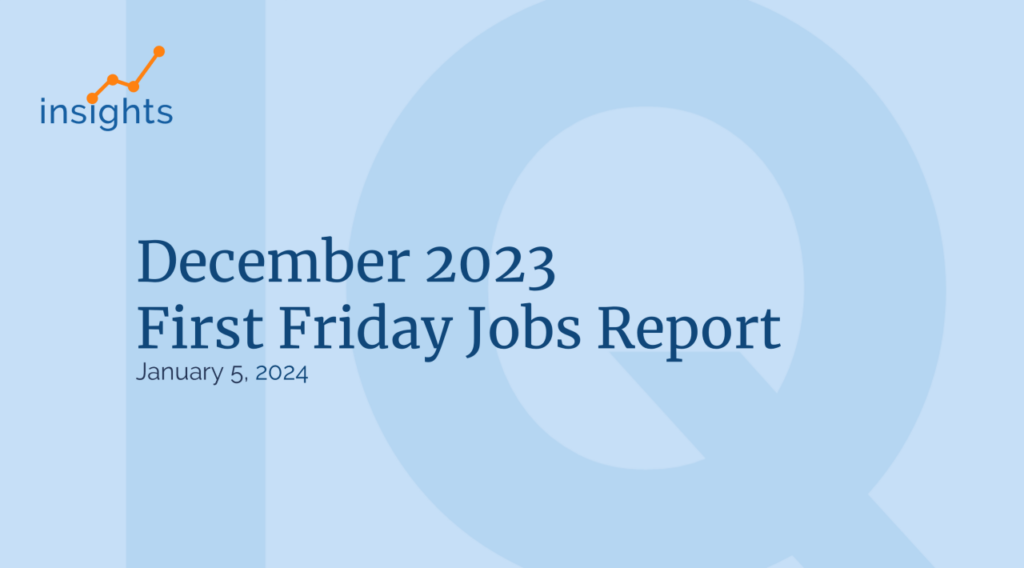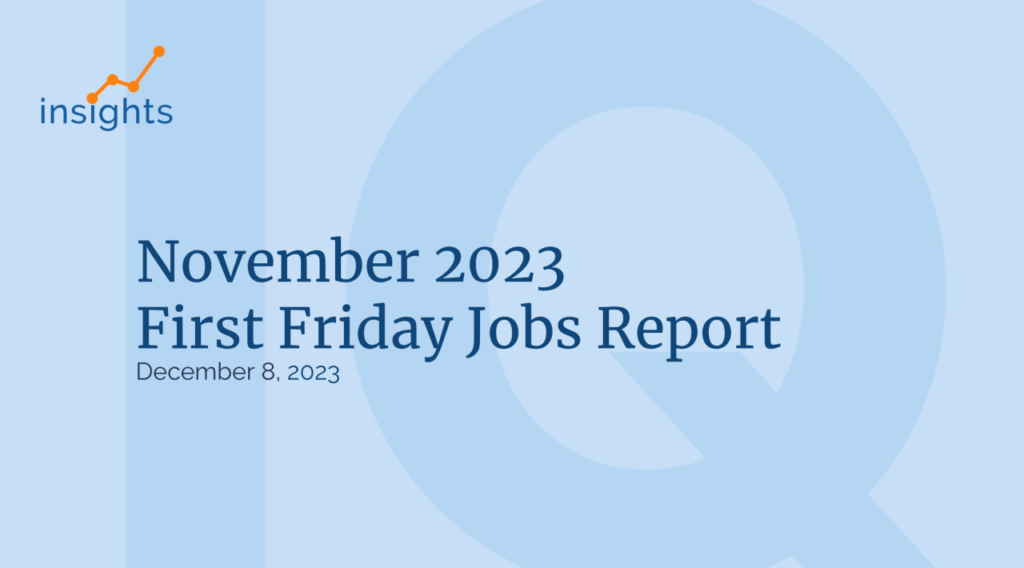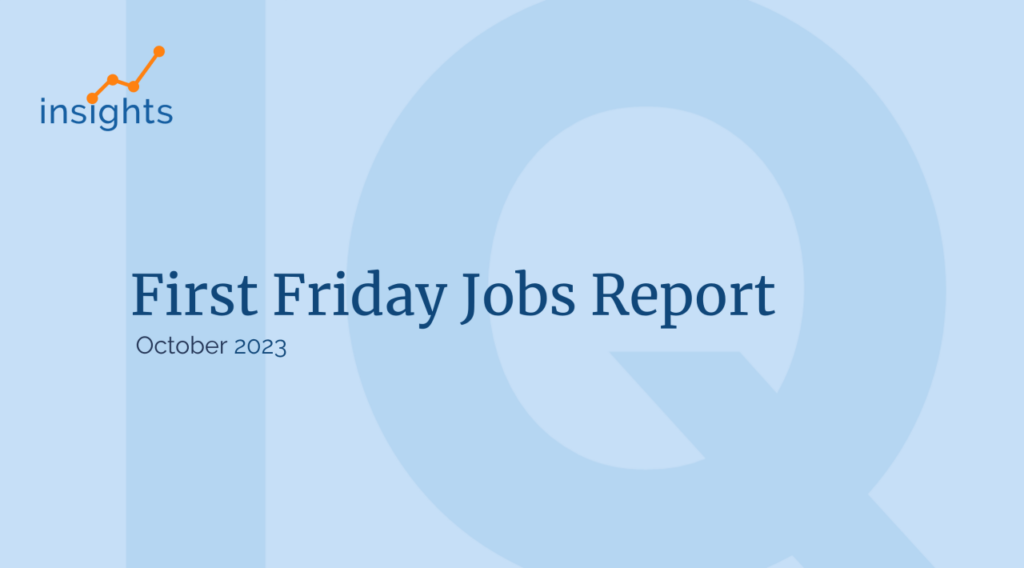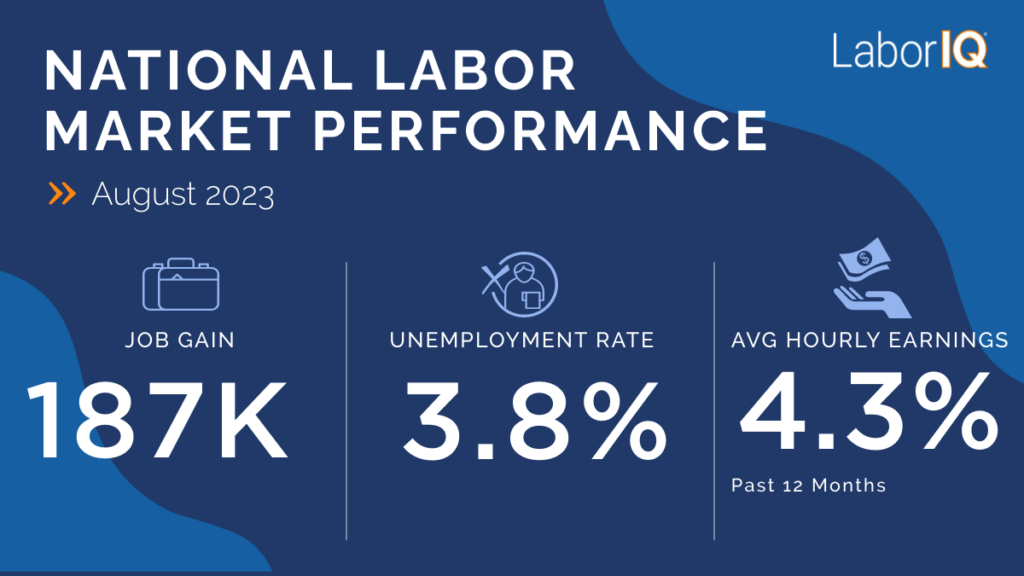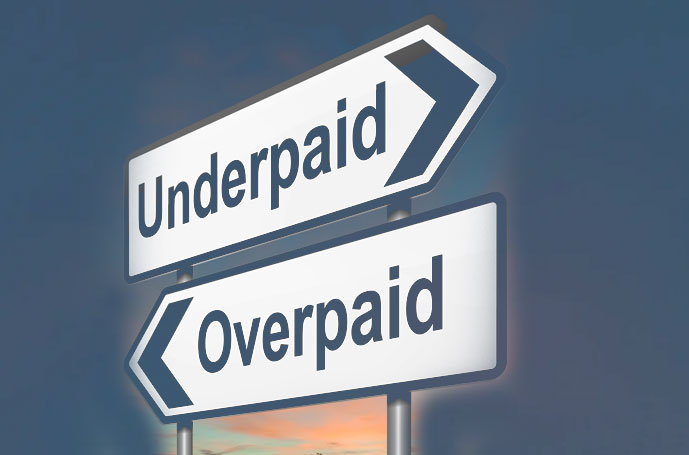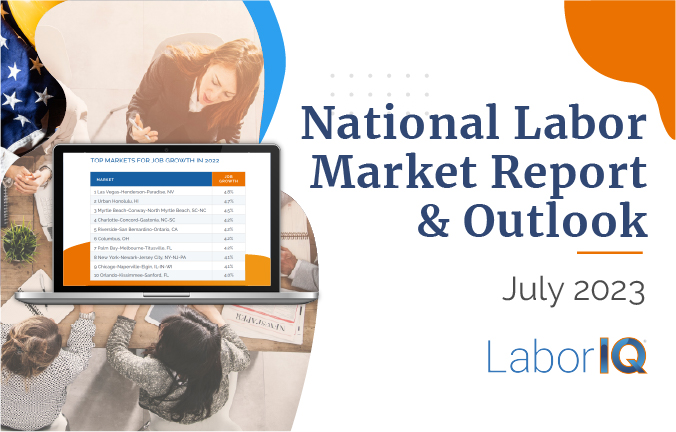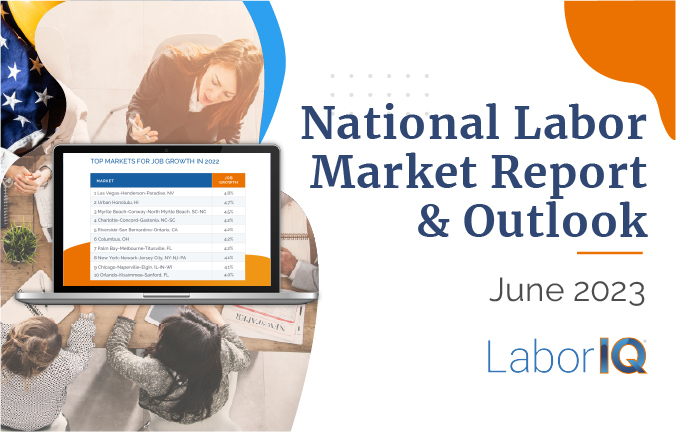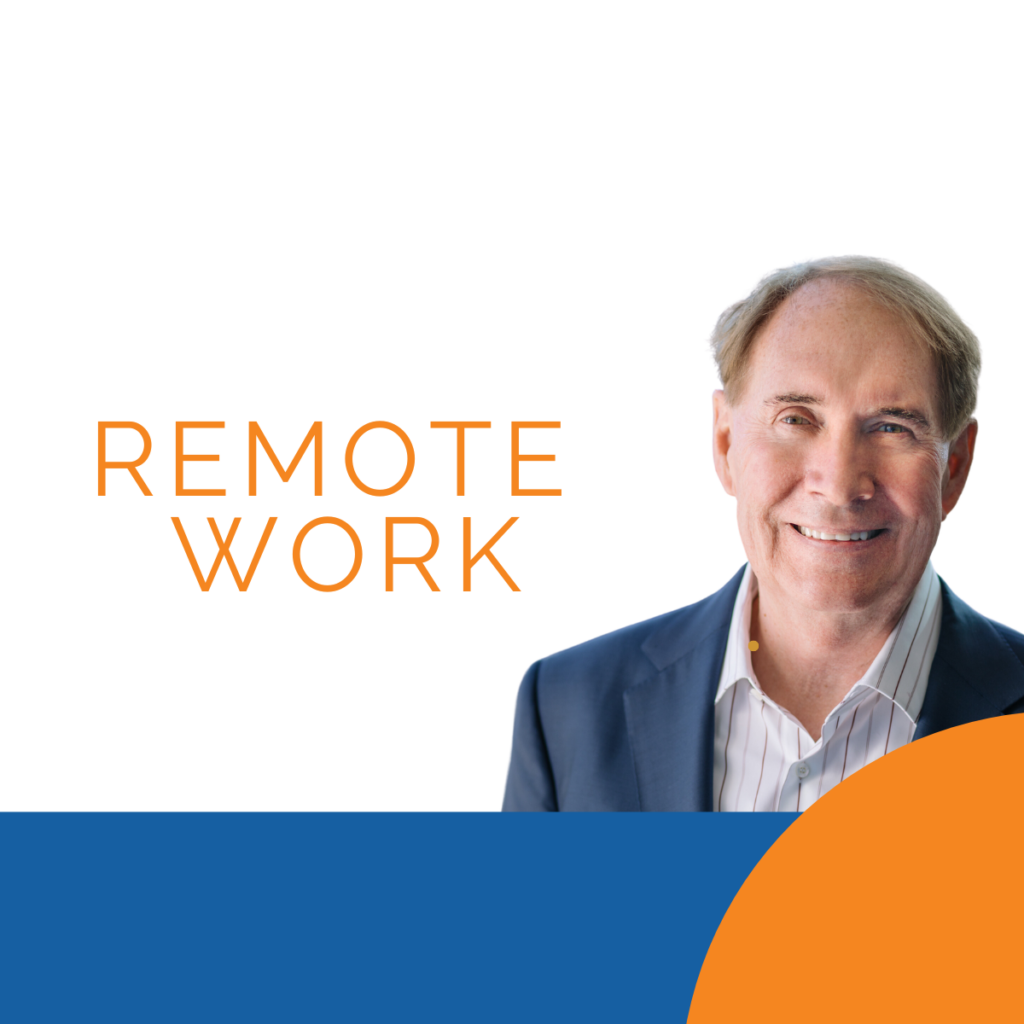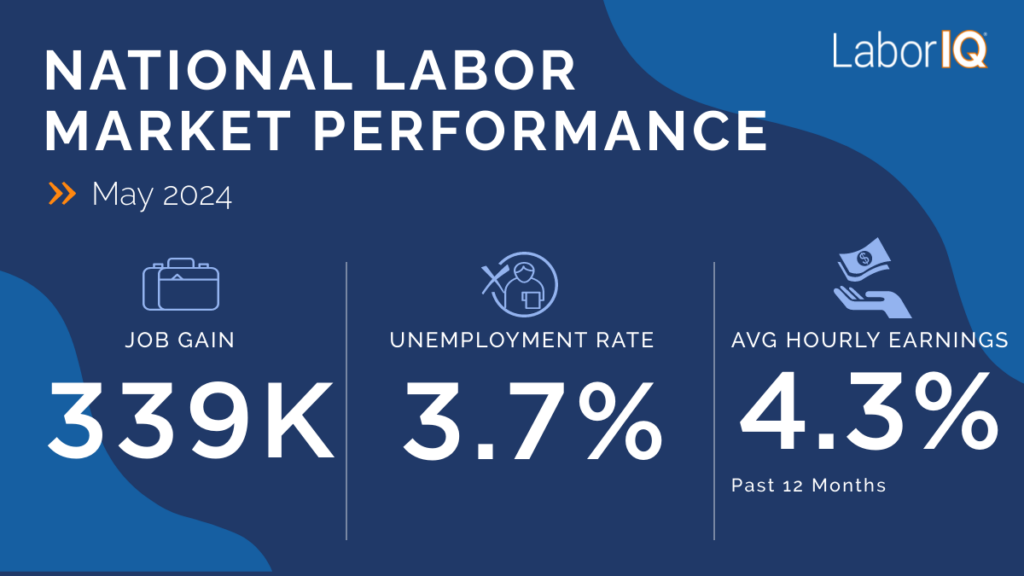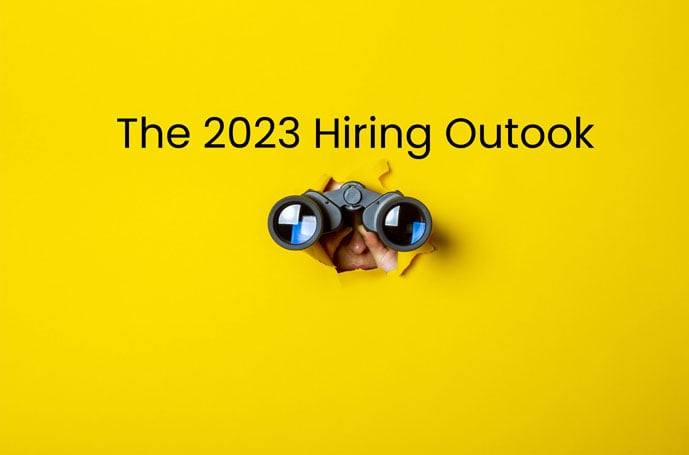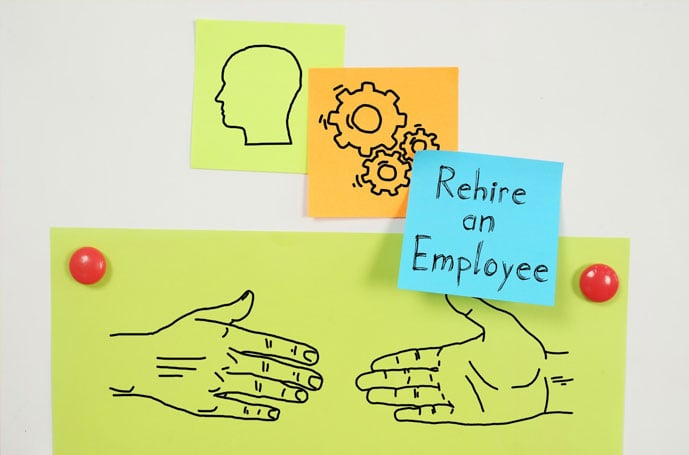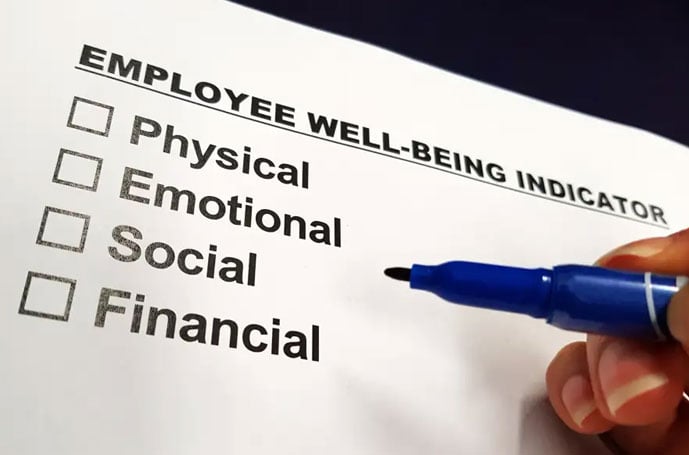LaborIQ reports that 4.3 million Americans quit their jobs in January 2022. Consequently, there were 11.3 million job openings the following month.
The cause? Many believe the pandemic was the catalyst to what we’ll call the Great ReAssignment, as more people are hopping jobs as wages increase across industries.
Workers have reassessed their work/life balance. As a result, many took the chance to search for greater job satisfaction, more flexibility and higher compensation elsewhere.
Interestingly, a 2022 Pew Research Center study assessed the “Great Resignation’ or Great ReAssignment, as we call it, and found the top reasons workers left their jobs in 2021 were:
- Low pay (63%)
- No career advancement opportunities (63%)
- Feeling disrespected at work (57%)
- Childcare issues (48%)
- Not enough flexibility (45%)
- Poor benefits (43%)
Add to this list the fact that more workers than usual retired during this period – more than 3 million to be precise, and you have the perfect storm of workers exiting with a portion job hopping to an organization that provides one or more of the above benefits.
If we turn our attention back to the stats above, one key issue prevails: Employee expectations don’t align with those of employers.
Clearly, in the wake of the Great ReAssessment, employers need to better understand employee expectations to recruit top talent and retain staff.
In other words, the Great ReAssignment presents opportunities to move away from status quo and shake things up a bit. So let’s dig a little deeper, beginning with the two most important steps…

Start with a Competitive Salary
As we’ve established, the Great ReAssessment is an opportunity for employers to reflect on whether they’re offering fair and competitive compensation.
Even before the pandemic, only 19% of Americans believed they were being fairly compensated. In light of this, conducting a thorough compensation analysis that considers job requirements, location, employment conditions and talent supply is imperative. This is the only way to evaluate whether your organization offers what the market demands.
Offer a Competitive Benefits Package
In light of the competitive labor market, employers looking to attract and retain high-quality employees need to do more than simply pay them well. Aside from the traditional benefits such as health, dental and vision insurance, workers also value paid sick leave, childcare options, remote and flexible working, and mental health support. To drive home the significance of these extra benefits, 66% of workers state they’re equal to or more important than their salaries, and 14% would take these benefits over a pay raise.
The Great ReAssessment and the resulting skills gap give employees the opportunity to negotiate with employers about such benefits.
In particular:
Flexible/hybrid working
During the pandemic, working from home became the norm. As a result, it’s much easier for employers to jump on the bandwagon and adopt hybrid working models. For the uninitiated, these arrangements offer employees the chance to work more flexibly (a mix of working at home and in the office).
We all know the equation: happier employees = more productive employees. Given that 97% of managers notice workers are more productive in a flexible working environment, a post-Great Resignation climate encourages employers to reassess their flexible working policies.
Not only that but employees are said to be happier when they have flexibility at work, with 87% indicating that if they had the opportunity to work flexibly, they would. Yet only 15% of workers have been consulted by their employers about their workplace preferences, and 58% admitted they weren’t happy with their current work location situation.
Employers can turn this around by regularly auditing employee satisfaction levels and offering hybrid working arrangements, if necessary.
Mental health and well-being
In 2021, 41% of adults reported feeling depressed or anxious, versus 11% in 2019. The pandemic’s drastic impact on our mental health gives employers an excellent opportunity to be more open and proactive about adequate mental health and well-being benefits.
If you’re unsure of how to get the ball rolling regarding mental health and well-being, here are a few ideas:
- Encourage a healthy dialogue at work concerning mental health
- Have a mental health policy and actively promote it
- Offer employee counseling
- Review workloads
- Evaluate paid vacation days
- Encourage regular employee breaks
- Encourage stress management activities
There are just a few suggestions, but you get the idea.
The Bottom Line
There’s no one-size-fits-all solution to addressing the skills shortage and many vacancies in the labor market.
However, on a more positive note, this time presents the perfect opportunity for employees to hone their skills and look for employers offering the working conditions they expect.
Conversely, it’s an opportunity for employers to evaluate:
- What they offer new hires.
- How they present themselves or their brand story.
- What is a new working landscape in an evolving labor market.
In summary, the Great ReAssignment presents ample opportunity to do things differently, so let’s not waste time. Instead, let’s put it to good use for more productive workplace change. For help determining competitive compensation in your organization, take a look at LaborIQ, a data-driven compensation and labor market analytics software.



